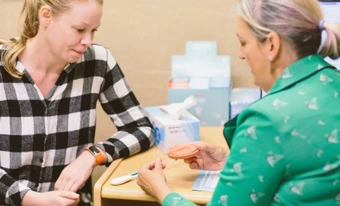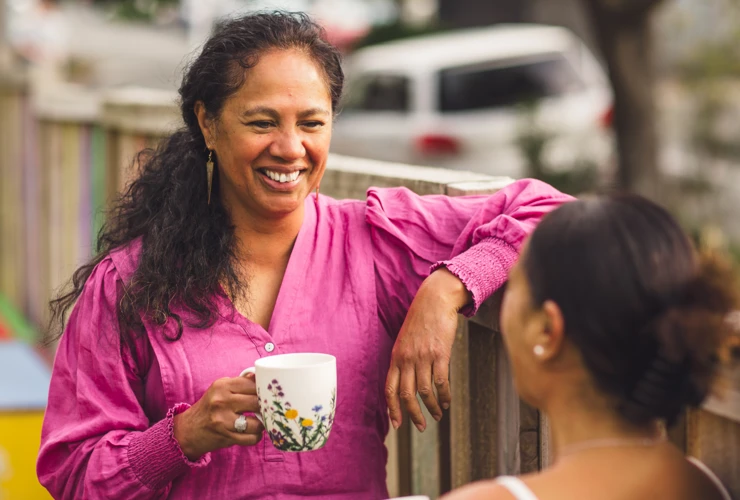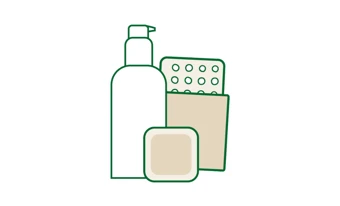
World Menopause Day 2025: lifestyle changes that can help your symptoms
World Menopause Day is held every year on 18 October. It’s a day to raise awareness of menopause and improve the experience of women around the world.
For 2025, the theme is lifestyle medicine. We talked to our clinicians to get their top tips on lifestyle changes that can help manage your symptoms.

"Lifestyle changes often work hand-in-hand with conventional treatment – such as hormone therapy. You can start lifestyle changes before speaking to a clinician, but if you have already started hormone therapy, make sure you discuss major changes to your lifestyle or any herbal or complementary medicine with your menopause clinician or healthcare provider beforehand."
Clinicians' top tips for lifestyle changes that can help during menopause
Lifestyle changes can help you manage symptoms during perimenopause, menopause, and postmenopause. These changes may not fully resolve your symptoms but they can offer relief – and some can reduce health risks too.
Rest
During perimenopause and menopause, changes to your hormone levels can cause your sleep patterns to change. Falling asleep or staying asleep might be difficult for you. Hot flushes and night sweats are common and can make sleeping difficult too.
- Try to get plenty of rest
- Try to keep to regular sleep routines
- Keep your bedroom cool at night.
- Keep yourself cool by taking a cool shower, using a fan, having a cold drink
- Wear natural fibres or light clothing
Diet
Reducing or avoiding alcohol is one of the most significant dietary changes you can make. Alcohol can make hot flushes and night sweats worse and negatively affect your sleep. Alcohol can also make it challenging to maintain a healthy weight – this can increase your risk of health conditions such as health disease, stroke, and osteoporosis. The following tips can help:
- Try to eat a healthy diet
- Include lots of calcium-rich food – yoghurt, milk – for bone health
- Increase protein and fibre (protein to preserve lean muscle mass, bone health and make you feel full; fibre for gut, weight, and insulin sensitivity)
- Reduce hot or spicy foods. These can increase or worsen hot flushes and night sweats
- Reduce or avoid alcohol
- Reduce your caffeine intake
Herbal or complementary medicines
Talk to your menopause nurse or doctor before you take herbal medicines or complementary medicines. This is particularly important if you’re also taking prescription medication like hormone therapy – it’s important for your nurse practitioner or doctor to know everything you are taking.
Exercise
- Try progressive strength training. Strength training preserves bone density, maintains muscle (and metabolism), steadies mood/sleep, and reduces your injury risk.
- Light to moderate movement after a meal helps to blunt the glucose spike and improve your insulin sensitivity (as insulin resistance tends to increase in perimenopause).
- Try and find something that you love and will want to keep doing. There’s no point signing up for a gym membership if you hate the gym, or it’s intimidating and you won’t go. Anything that gets you moving is beneficial.
- If your joints are sore perhaps swimming or aqua jogging will feel better. Gentle walking and stretching can also be relaxing and help you sleep better.

Smoking and vaping
Smoking increases your chances of going into early menopause. Early menopause is associated with a higher risk of heart disease, genital tract cancers, and osteoporosis.
Studies into the impacts of vaping are less conclusive because it is a newer trend, and long-term studies haven’t been completed. However, the dangers of nicotine are well-known – however it’s taken.
Smoking can also make hot flushes and night sweats worse.

Book your 45-minute initial appointment with one of our menopause clinicians.







